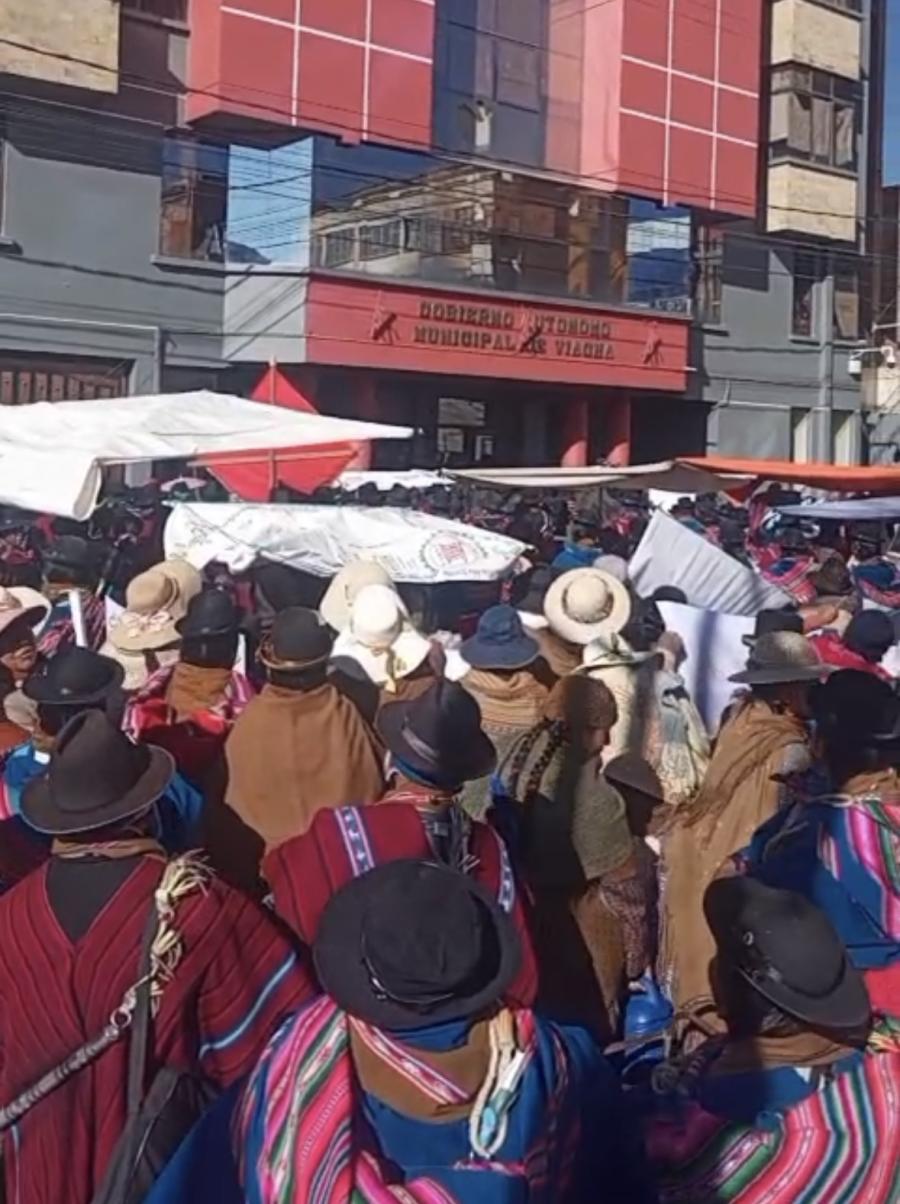Politics in the Andes, a series of social science essays, presents a unique comparative analysis of the ongoing research of several international authors in five Andean countries- Venezuela, Colombia, Ecuador, Peru, and Bolivia- a region rarely examined by scholars. Three main issues of concern for the region are brilliantly examined: social movements and the struggle for identity, conflict and violence, and democracy and political change. The book ultimately begs the question: after two decades of political instability and transition in the Andean region, have Andean countries become consolidated democracies?
Politics exposes the historical forces that shaped the Andes region and analyzes how the institutionalization and consolidation of democracy are challenged by political processes combining drug trafficking, corruption, violence and human rights abuses, fragmented and non-integrative political parties, weak national identity, and autocratic executives. The authors provide the reader with a link between current events portrayed in the media, and deeper historical, political, economic, and social perspectives, in a balanced but compelling manner.
In the first section, "The Struggle for Identity," one of the most captivating and polemic essays, "Engendering Andean Politics," by Jennifer Collins, examines how women's movements in Ecuador and Bolivia led to the recognition of women's rights by politicians and international non-governmental organizations and increased political participation on the national scene, but also made women's organizations vulnerable to political manipulation and widened the gap between urban women working in political organizations and NGOs and poor, marginalized rural women. One of the major consequences of this gap is the empowered urban women's inability to articulate the needs and demands of the rural women to international funding agencies and in national policy-making.
In the second section, "Political Conflict and Violence," Mark Ungar's refreshing and original essay, "Human rights in the Andes: The Defensoria del Pueblo," examines the extensive responsibilities of the new independent national ombudsmen in investigating human rights abuses by the state and its institutions, guerrillas, or paramilitary actors, as well as their limitations due to state practices and institutional pressure.
Ungar's essay is the first comparative analysis of the region's Defensorias;as del Pueblo, and shows how, for the first time, citizens have a state institution that protects and promotes their rights, especially the rights of the weakest people. The essay shows that defensorias have the potential to become catalysts for more vigorous engagement between state and society.
The last section, "State Building, State Dismantling, and Financial Crises in Ecuador," by Liisa North, presents traditional actors such as political parties, civil societies, and the military through new perspectives. North illustrates how economic elites have continuously blocked redistributive reforms and alternative development strategies through alliances with political parties, which they manipulated and used for their benefit. In this context, the Ecuadorian military and the civil society have surprisingly often joined efforts to build a more equal society.
Politics in the Andes balances theories on state construction with causes of political violence, democratization, and participation of non-state actors by providing concrete examples of how each of the five countries has responded to social conflict and violence; economic privatization; social pressure for accountability, representation, and reformed military roles; and globalization. The authors missed an opportunity, however, to draw comparisons between democratic consolidation in the Andes region and other parts of the world that have faced similar issues. And ultimately, Politics fails to proffer suggestions for addressing the challenges that it so deftly analyzes.
Isabelle Anguelovski manages a program for minority students at the Harvard School of Public Health and is also the director of Chacha Warmi, a nonprofit organization that offers innovative long-term solutions to poverty, discrimination, and abuses among indigenous communities in South America


